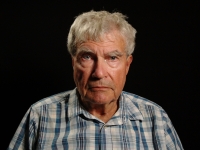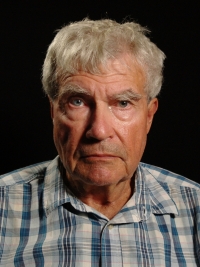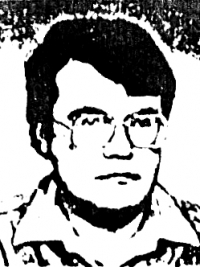It was obvious to me that the signing of Charter 77 would be the end of an idyll

Download image
Michael Dymáček was born on 13 May 1943 in Brno. Since his childhood he has shown interest in science that brought him to the Faculty of Natural Sciences of J. E. Purkyně University. He graduated in mathematical analysis and became a lecturer at the department of applied mathematics. He began his involvement in politics, co-founded The Union of University Students of Bohemia and Moravia, and was elected its president in October 1968. He was one of the leaders of the strike against occupation in November 1968 and repeatedly negotiated on behalf of the students with high-ranking government officials. He was dismissed after the onset of normalization but refused to submit to the contemporary practice of punishing critics with inferior jobs. He defended himself with his legal knowledge against the pressure of the State Security (StB) until he was offered a qualified job in Kancelářské stroje (Office Machines Enterprise). However, he was dismissed from the enterprise, too, after he had become one of the first signatories of Charter 77. He was rated a hostile person of grade 1 risk, kept under surveillance by the State Security and was repeatedly detained and interrogated. He still continued with his professional and scientific research, was involved in Charter 77, the Czechoslovak Helsinki Committee and published in samizdat periodicals. After 17th November 1989 he became a founder of the Civic Forum in Brno and represented the movement as one of its three spokespersons at meetings and demonstrations. He was co-opted as a deputy into the Federal Assembly and became a member of the municipal council in Brno. He has sought to implement a large number of massive economic and social development projects, for instance the Brno Hub Airport Complex. He still continues with his professional and expert research, especially in the field of economics and law.


